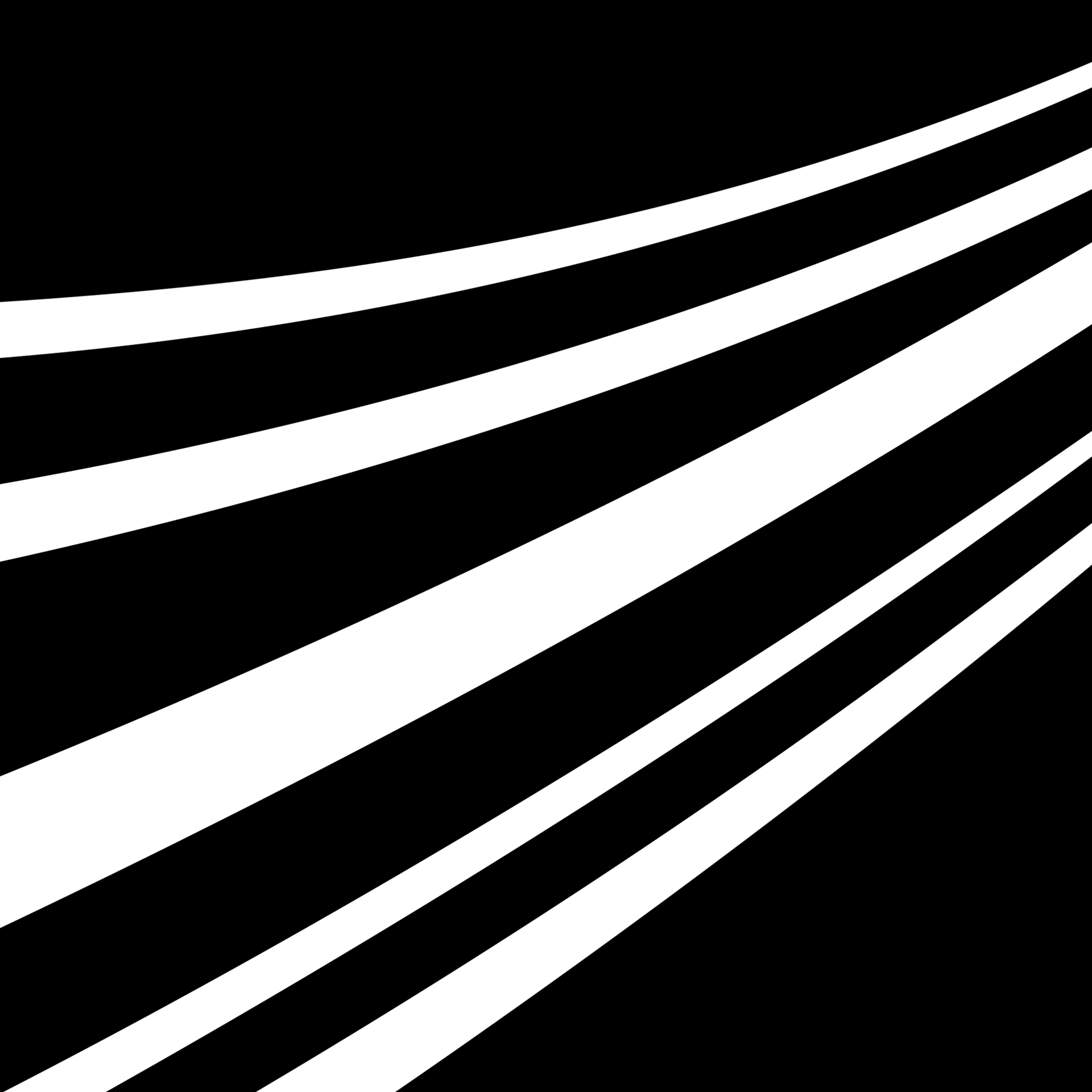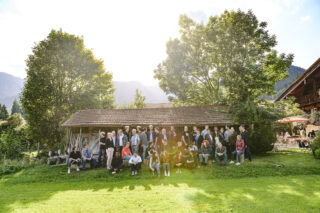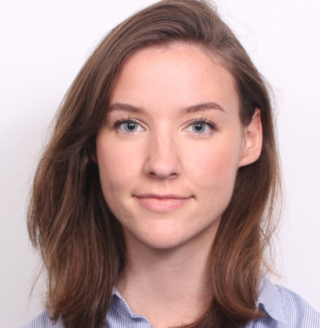Read next
New Work
Meaningful work in research
Fraunhofer IKS is part of the New Work@Fraunhofer initiative. It’s a topic everyone is talking about, but what does New Work actually mean? Together with our colleagues, we will explore this topic — and above all, the question of how Fraunhofer IKS is making meaningful work a reality.



© iStock.com/Pavliha
The first Fraunhofer institute to have an agile organizational structure, the Fraunhofer Institute for Cognitive Systems IKS is working toward a shared leadership model. In addition, as part of the Future Pay project, it is currently developing alternative remuneration models — key words in the world of New Work. But New Work is more than a catch-all term for innovative approaches to structuring conventional work. It is an attitude, an effort to rethink our very concept of work. Since it was founded in late 2019, Fraunhofer IKS has been campaigning for a new world of work — both on an organizational and conceptual level.
In the 1970s, social philosopher Frithjof Bergmann developed his idea of New Work in response to the immense industrial upheaval caused by new technologies. Believing the time was right to rethink and redesign our entire concept of work, Bergmann argued that work has the potential to both exhaust people and to fulfill them.
We should not serve work, but work should serve us. Work (…) should give us more power and energy (…).
social philosopher

Become part of the team and apply at Fraunhofer IKS!
However, if work is to give people energy instead of draining it away, it has to meet a few requirements first. It must allow for independence, freedom and participation, and it must be meaningful. These days, it’s common to for the first three criteria to be fulfilled. People tend to work independently as a rule, and similarly, they have the freedom to work where and when they want. Many companies also attach considerable importance to the question of participation. Fraunhofer IKS is no exception, giving its employees plenty of freedom through flexitime and work-from-home options. For Erik Oswald, a research fellow at Fraunhofer IKS, this also applies to his research work: “We don’t just focus on products in our research. Instead, we can work together with customers to design solutions, intensively tackle new and innovative research fields and drive them forward at the institute. This kind of solution-focused, highly innovative research doesn’t happen everywhere. That’s why, after a short stint in industry following my doctorate, I made a conscious decision to return to Fraunhofer!”
Early this year, having completed his engineering degree, Erik’s colleague Tobias Schuster, also made a very deliberate decision to pursue free, independent research work. “At Fraunhofer IKS, I can immerse myself in a research field and take responsibility for my own projects. In contrast to university research, our industry projects always allow us to see if our solution actually works!”
Of course, working independently is a challenge, but it’s also more satisfying.
research engineer at Fraunhofer IKS

© Fraunhofer IKS
Maureen Monnet: "I always want to learn more, to develop and not stagnate."
And what about finding meaning? What is actually meaningful? Bergmann writes that everyone should do work they truly, deeply want to do. But figuring out what you want to do often isn’t that easy. What is it that I myself would need to do to feel that my work is meaningful? What is my motivation? For scientist Maureen Monnet, it was clear that after her studies, she wanted to work in a company that was always evolving — just like her. “I always want to learn more, to develop and not stagnate. At Fraunhofer IKS, we challenge ourselves constantly and question the status quo. That’s the only way to shape the future!” Karsten Roscher, scientist and Head of Department at Fraunhofer IKS, has found his motivation elsewhere. “At my core, I am a pragmatic idealist. I want to conduct research with a view towards its relevance in industry — but without losing sight of its significance for society. At Fraunhofer IKS, I can do just that.”
Everyone finds motivation and fulfillment in different places — for some, it can be as simple as a question of payment. Fraunhofer IKS is subject to the German Federal Collective Bargaining Agreement for the Public Service (TVöD), so it doesn’t have much room to maneuver on a financial level — but that means it has all the more scope in terms of ideas. The institute is making independence, freedom and participation part of its daily life, both through flexible working and organizational models and in the research work itself. Allowing room for employee development is an area of particular focus — after all, that’s an essential condition for meaningful, fulfilling work!


